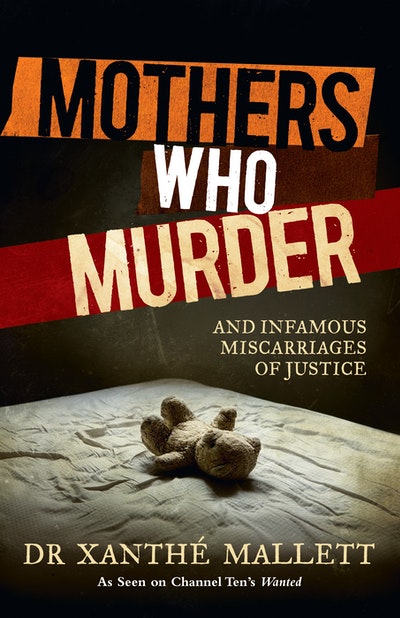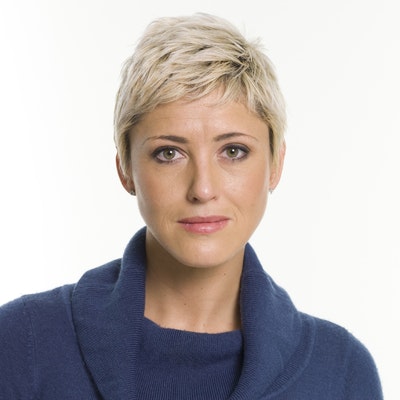Xanthé Mallett is a lecturer in Forensic Anthropology, specialising in human identification at the University of New England.
Xanthé’s most recent research has been in forensic digital identification using surface features on the hands (scars, moles, vein patterns) as potential identifiers to assist with the investigation of cases relating to child abuse and internet crime.
Xanthé is passionate about her subject and about bringing science to a lay audience through the use of visual media. She wants to inspire and excite others about science, to encourage people into science at school and inspire children to become career scientists.
In 2010 Xanthé made History Cold Case, BBC2, with a team from the Centre for Anatomy and Human Identification at the University of Dundee. History Cold Case saw skeletons of everyday people from across the ages analysed in staggering detail, opening new windows on the history of our forebears. A second series was broadcast in June 2011. She has also taken part in several interviews for BBC News using her forensic identification skills, and has appeared on breakfast shows in the UK. Now based in Australia, Xanthé will appear on Network Ten’s Wanted from July and The History Channel’s Coast Australia later in the year.
She has a 1st Class Honours degree in Archaeological Sciences (BSc) from the University of Bradford. A Research Masters from the University of Cambridge in Biological Anthropological Sciences (MPhil). And a PhD in Biological Anthropology – Forensic Facial Recognition, from the University of Sheffield.
In 2010 Xanthé was awarded The Brian Cox Award for Excellence in Public Engagement of Research, an internal award within the University of Dundee. She lives in northern NSW.



